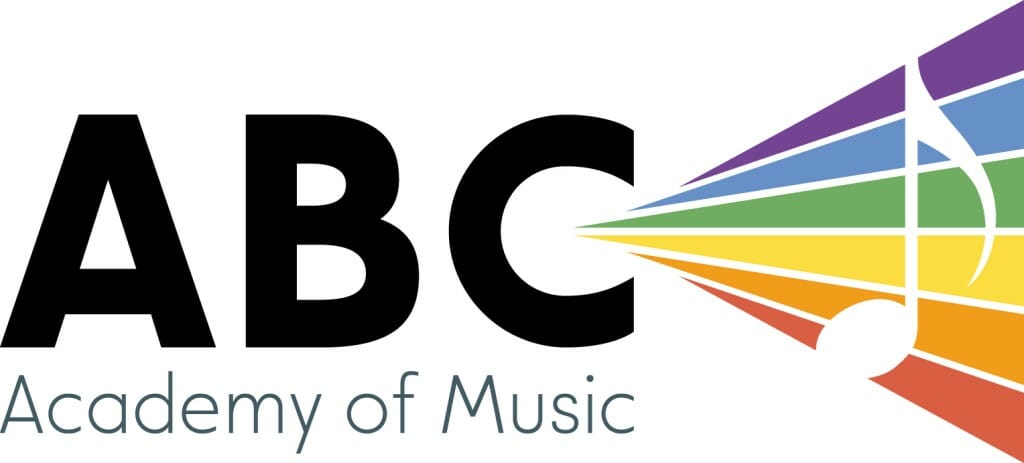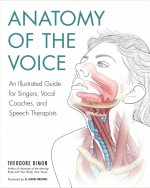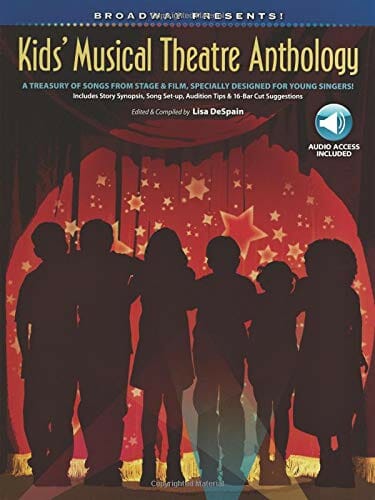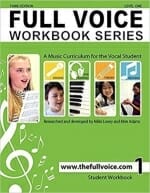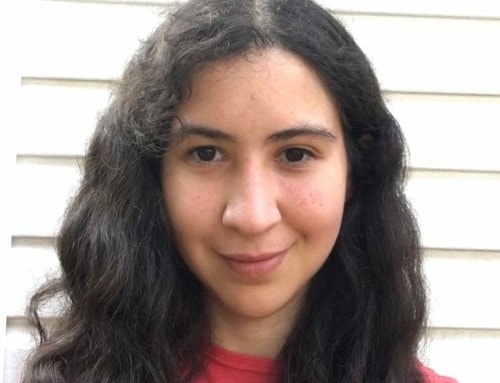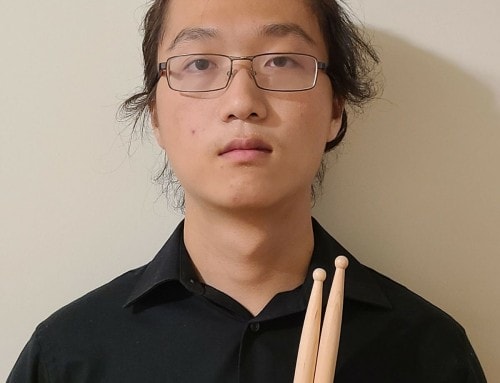Advanced Diploma in Musical Theatre Performance (St. Clair College)
Aurora McClennan (She/Her) likes to wear many hats: actress, singer, writer, producer, teacher, tea connoisseur, etc. She’s pure dynamite in a small body. Aurora is a 2020 St. Clair College Music Theatre Performance graduate and a 2017 Cawthra Park Regional Arts Program – Vocal graduate. She holds grade 11 voice and Intermediate Harmony certificates from the Royal Conservatory of Music. She has trained with opera singers, classic voice and jazz artists, as well as some of Broadways best, like Joanna Gleason!
As an actor, Aurora has been seen as Dr. McClane in the premiere production of The Good Guys, Lily in Kathleen Mills’ The Storyteller, Donner in A St. Clair Christmas 2019 and Viola in Twelfth Night, directed by Olivier winner Heather Davies, with original music by Michael Karloff. She will be reprising her role in The Storyteller this summer in Hamilton as part of Hamilton Fringe, directed by Olivia Daniels.
Aurora is the Artistic Director and Production Manager of The Flare Productions, where she gets to put her passions into practice, creating a space and open space community for all artists to share their voices and tell their stories. Since opening in September 2020, Aurora has produced multiple virtual cabarets, a full length virtual production of Ordinary Days, a virtual interactive comedy special; and a 12 part YouTube series about collaborating and the importance of telling stories with her in-development series, The Love You Make. This project was a quarantine highlight, as she got to work with artists from Canada, the United States and The UK!
As a writer, she is hard at work on multiple musicals, including The Good Guys with music by Fynn Cuthbert, and The Baroness, which received its first reading last spring with Missus Productions’ Re:Vision.
Aurora is very excited to continue to teach voice and music theory. With over 15 years of music training and experience, she is very happy to share her knowledge and help spread the love of music. She is a three time Gold RCM Festival winner, Gold Hamilton Music Festival and Gold and Silver Peel Music Festival winner, as well as the recipient of the Heidi Cyfko award for musical theatre performance and multiple other performance awards. Aurora specializes in classical voice, musical theatre, pop, jazz and folk. And, of course, music theory – her guilty pleasure.
Get to know Aurora…Beyond the Bio!
Hobbies: Reading, painting and writing
Musical influences: Stephen Sondheim and Shania Taub for writing; Louise Pitre, Liza Minnelli and Elton John for performance.
Favourite food: French Fries! Always and forever.
Least favourite food: Soup
Favourite music: Classic rock and folk, musical theatre, jazz, funk and Motown
Favourite song: Right now it’d have to be either Shambala by Three Dog Night or Jackie Onassis by Sammie Rae & The Friends
Favourite movie: That Thing You Do!!
Favouirite movie music: The Lord of the Rings series, of course
Favourite musical theatre/opera: Anything Sondheim, but especially Merrily We Roll Along. Diana: The Musical is the next best, though.
Best quote from your teacher: “Be Fearless and Never Apologize”
Favourite quote: “And in the end the love you take is equal to the love you make” :)
Favourite book: It changes constantly, but most consistently probably Any Man by Amber Tamblyn or either of Stephen Sondheim’s books.
Latest Homework from Aurora
Is Aurora Your Teacher?
Sign up now to get your weekly assignments delivered, and never lose your homework sheet again!
Aurora’s Homework – Thurs Dec 1 2022
Emmanuel
What we worked on: We dived into “O Come O Come Emmanuel” more.
Recommended minutes to practice: 15 – 20 minutes. He mentioned only practicing two days this week so let’s try and get it to three this week.
What to practice: We want to enhance our musicality when we sing. As always, really work on dropping your jaw this week and rounding out your vowels, especially on words like “Rejoice”
How to practice it most effectively: Today we discussed exploring dynamics and finding more smoothness in our singing with legato phrases. This week, I’ve asked him to spend some time digging into dynamics and decide how he wants to sing. So spend some time playing around with your dynamics (f meaning forte or loud, and p meaning piano or soft/quiet), and we’ll discuss next week what you’ve discovered and how you’ve decided you want to add your dynamics.
How parents can support practice: Please check in this week and make sure he’s practicing, if you can. I’ve also sent along a few links below of male singers I want him to listen to for us to discuss next week. I don’t want to force anything, of course, but if we can make sure he at least listens, that would be swell. I’m making a track for him to practice with – I’ll have that hopefully by Sunday at the latest, but I have some family commitments and work commitments over the next few days so may be Monday.
Fun links! Here are a few male singers he may enjoy and learn a bit from. Brian Stokes Mitchell – Really listen to how he uses dynamics and legato when he sings to enhance the song! We played this song recently at my grandfather’s funeral – it’s a real knockout of a song and Brian is one of the greatest performers of it. Frank Sinatra – He’s considered one of the greatest contemporary singers of all time. Pay attention specifically to his vowels and his phrasing (legato phrases versus shorter phrases). Bing Crosby – also considered one of the greatest contemporary singers. He has such a clear voice. Listen to his vowels and how he shapes the song – he’s such a pro, he can take anything and make it his own. Steven Pasquale – with him, really pay attention to how strong and grounded he is, how he uses his breath to support his voice, especially as he gets higher. You can watch him as he sings and watch how he breathes and supports himself with his arms and his stance. I’ll send a few more to listen to next week, but we’ll discuss this ones next time we see each other.
Effie
What we worked on: We dug in a bit more to “TV”
Recommended minutes to practice: 15 minutes a day is ideal.
What to practice: We want to practice our phrasing when we sing and our breath support.
How to practice most effectively: We’ve discussed finding our grounding and our breath when we sing to give us more sound and space to sing, so, when practicing, give yourself a proper singing stance and let yourself breathe a bit before you begin singing – get used to the feeling of breathing and how we want to breathe when we sing. Make sure to spend some time exploring dropping your jaw a bit more to create a bit more space, especially on your vowels. We want to have a bit more relaxation in our face when we sing, and I think practicing dropping the jaw will help.
How parents can support practice: She’s doing a great job – just keep encouraging her :)
Tammy
So great to meet you today!
What we worked on: We began working on “Perfect” by Ed Sheeran. Here’s a link to sheet music in a good key. You can click play on this and it’ll play the sheet music for you to practice with. I’m going to create a better instrumental track – just give me a few days. Hopefully by Sunday, but may be Monday.
Recommended minutes to practice: I always recommend starting at around 10 -15 minutes a day. Make sure you’re warming up before you start singing!
What to practice: Spend some time with the song, listening to it and singing along with the new key to become super familiar with it.
How to practice most effectively: Because we’re singing the song in a different key than Ed Sheeran did, it might be difficult at first to get used to, so spend some time with the playable sheet music and the track I send you, getting used to how it feels in your voice now. Remember to plant your feet when you sing and breathe from your diaphragm. We want to breathe in through our nose and then out through our mouth as we sing!
Preferred Books for Aurora’s Students
Click to buy them here, and they’ll come right to your house! What could be easier?
Anatomy of the Voice
This book is the first to explain, in clear and concise language, the anatomy and mechanics of the mysterious and complex bodily system we call the voice. Beautifully illustrated with more than 100 detailed images, Anatomy of the Voice guides voice teachers and students, vocal coaches, professional singers and actors, and anyone interested in the voice through the complex landscape of breathing, larynx, throat, face, and jaw. Theodore Dimon, an internationally recognized authority on the subject, as well as an expert in the Alexander Technique, makes unfamiliar terrain accessible and digestible by describing each vocal system in short, manageable sections and explaining complex terminology.
Broadway Presents!
A delightful collection of musical theatre songs that kids love to perform, from a variety of shows. Using original scores, the songs have been selected and adapted with the ranges and skills of young singers in mind. Included in this collection are short summaries for each of the musicals, a dramatic and character set-up for each song, audition tips, 16-bar cut suggestions, and audio tracks of piano accompaniments.
